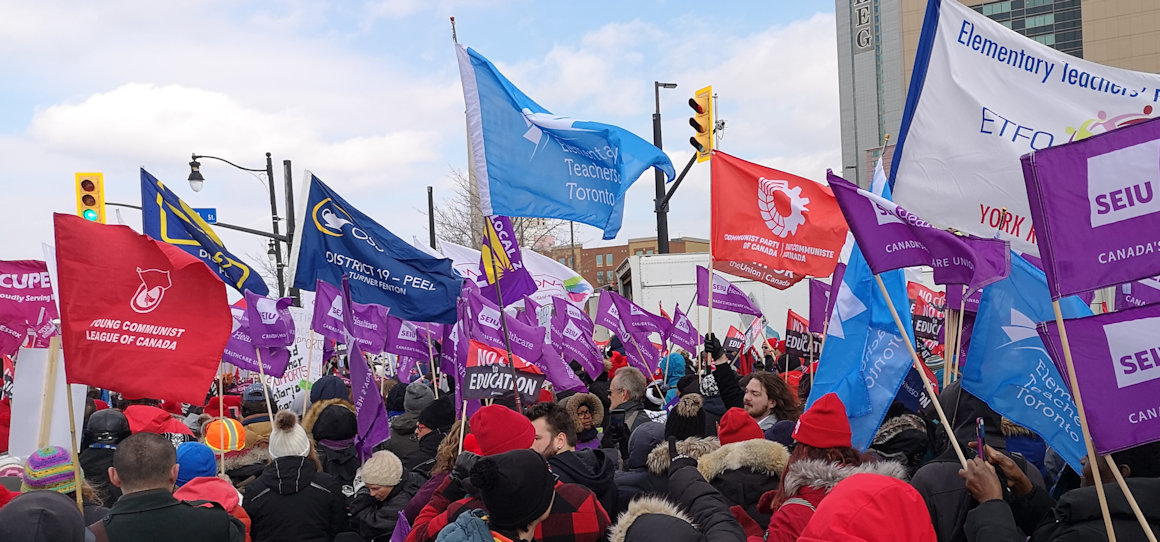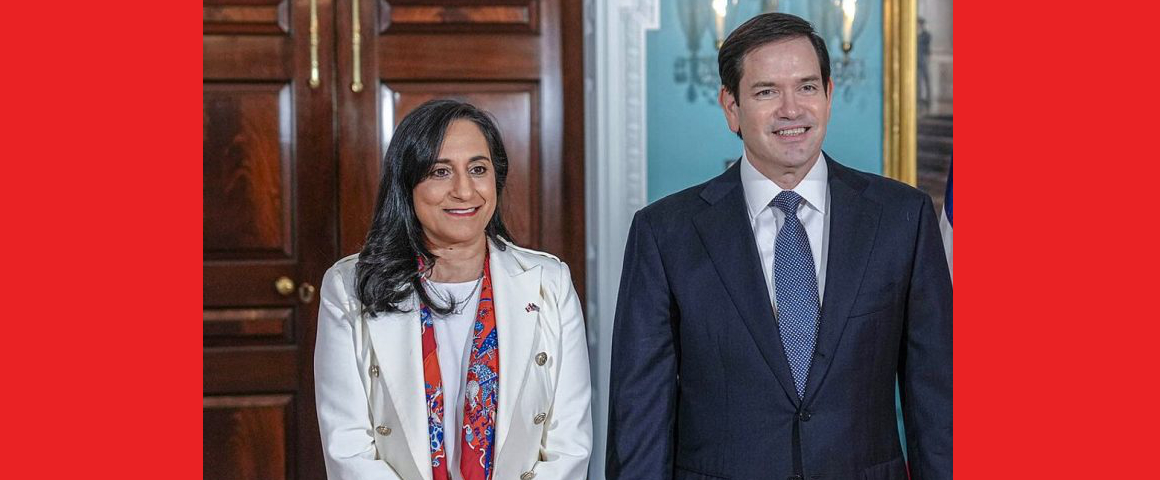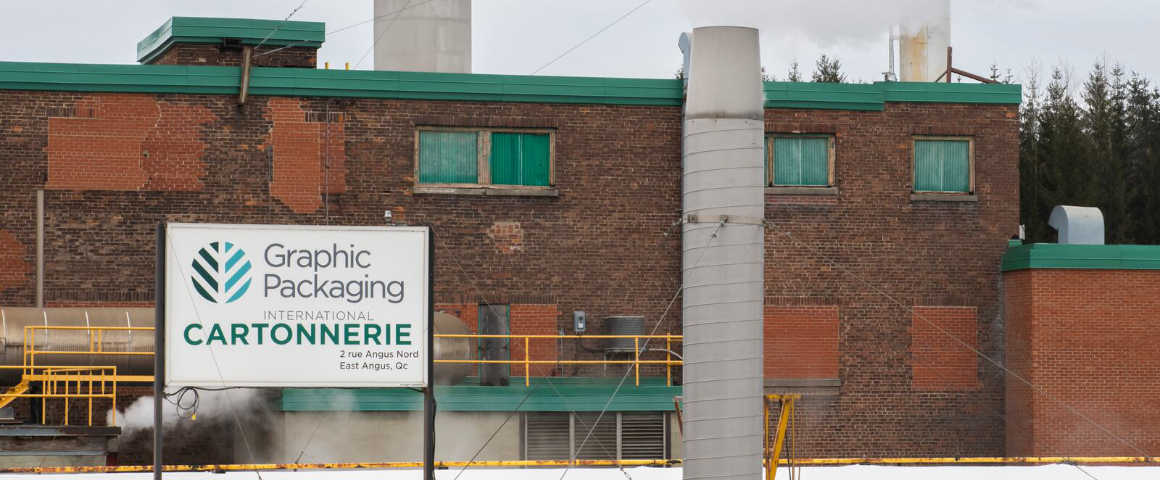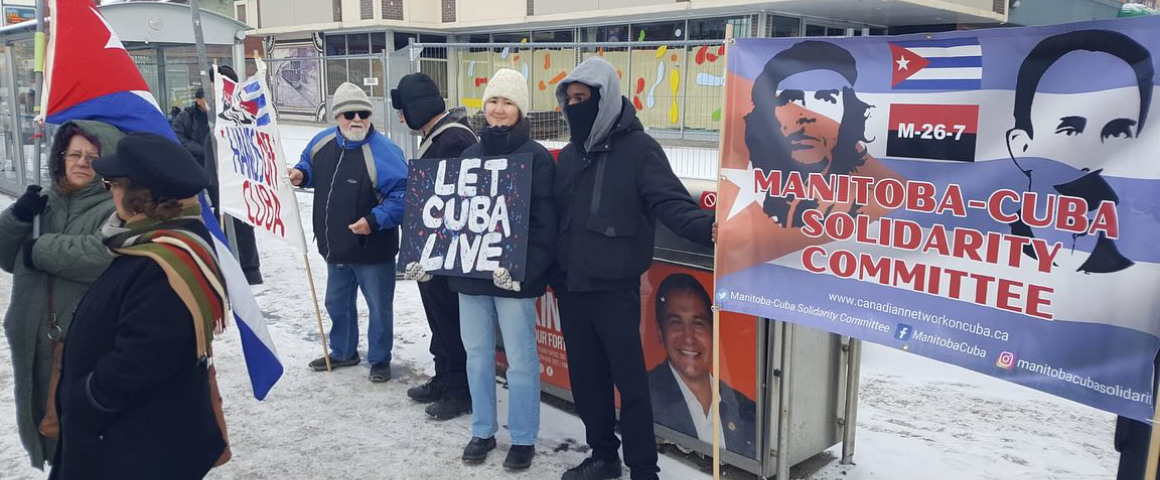In the wake of the Liberal government’s April 19 budget, people across the country are preparing for a possible federal election call. It may be one of the most critical elections in recent memory, charting either a people’s or a corporate course out of the pandemic-related economic crisis. The Communist Party of Canada discussed the importance of the coming federal election to the working class at its recent Central Committee meeting.
For the last 15 months, the Liberals have governed with a minority. This has led to some concessions extracted by the NDP, most notably the increase of EI minimums to $500 / week, secured last fall. More concessions might have been won if the NDP had been more willing to press for them, and if the right-wing leadership of the labour movement had been more willing to fight and less inclined to climb into bed with the government and business during the pandemic.
The Liberals are anxious to hold an election and secure a majority government so as to be able to implement their policies with a free hand, as they have been able to do for much of 2020 already and with several scandals to prove it. What makes this urgent from their perspective is the growing demand from big business, the banks and the Tories for austerity policies that will turn public opinion against the government and make it easier for the Tories to defeat them in an election. They could call it as early as this spring, or in the fall, but it’s almost certain to be this year.
The Tories were anxious for an election last fall, when their new leader Erin O’Toole was largely unknown by voters, while the Liberals were engulfed by the WE Charity scandal. They are in less of a hurry now that deep and poisonous views of many members and leaders in their party have been exposed to public dismay. These include the racist and misogynist views and actions of social conservative leadership candidates Derek Sloan, Leslyn Lewis and Pierre Poilievre, and the just resigned Senator Lynn Beyak, among others. An Angus Reid poll of Canadians, taken just after the US election in November, showed that 41 percent of Conservatives polled would have voted for Trump, an astounding and troubling revelation that puts them in the company of Trump supporters Ezra Levant, Conrad Black, Brian Mulroney and Jenni Byrne, Harper’s former chief of staff in the PMO. Further, O’Toole’s connections with Rebel News have exposed his own connections to the far right in Canada and exposed his Labour Day message as nothing more than a Trumpian pitch to discouraged workers. O’Toole’s call to “unleash the private sector” and implement a flat tax has not been widely embraced either.
The NDP has been hampered by the fact that many of its policies are similar to the Liberals’ policies. They were able to secure improvements to EI in December and are campaigning for expansion of Medicare to include long-term care and for pharmacare, for a national childcare program, for a wealth tax on the ultra-rich and for UNDRIP legislation federally. Still trying to woo business and transform themselves into a neo-liberal New Labour party, it has relegated itself to the mushy middle on military spending and foreign policy issues such as China. This has made it easier for the Liberals to infiltrate the labour movement, as well.
The Greens have elected a new leader, Annamie Paul, who is politically to the right of Elizabeth May. The first Black woman to lead a federal political party, she was unable to secure a seat in Parliament in September’s Toronto Centre byelection, though she was the runner-up. The campaign for the Green leadership was a hard fought race with left wing candidate Dmitri Lascaris in second place. Many who joined the Greens to support his campaign will be likely leave the party as it moves further to the political centre. We have worked with the Greens on issues such as proportional representation and can work with them on climate justice, Indigenous rights and a guaranteed annual livable income.
The Bloc Québecois has opposed the government in confidence votes this fall, lining up with the Tories to force an election. It enjoys wide support among Québecois-es who see the BQ as defenders of Quebec’s sovereignty and interests in Ottawa. In the last federal election, the BQ took many of the seats won by the NDP in the 2011 Orange Wave and aims to increase its seats in Parliament and also its profile in Quebec’s labour movement. The BQ has supported the Coalition Avenir Québec government’s misnamed secularism legislation (Bill 21), but it has also introduced bills in Parliament opposing the US blockade of Cuba and sanctions on Venezuela.
Three provincial elections have been held during the late summer and fall, with all returning incumbents to majority governments. The Liberal government in Newfoundland and Labrador called an election for February 13 with similar hopes; however, an upsurge in the pandemic closed voting polls, resorting to mail-in ballots due March 25 instead. A commission on economic recovery is expected to make its recommendations public shortly after the election. The President of the Newfoundland Federation of Labour has resigned from the commission in protest of some or all of the recommendations which likely include privatization, it has been suggested. The timing of the election before the report’s release has been strongly criticized. The NDP has three of the forty seats in the Legislature but has not been unable to field candidates in every riding.
The federal government’s Fiscal Update in early December was in fact a trial balloon for an election call, featuring a juicy menu of election goodies including $70 to $100 billion to be spent on a national childcare program, pharmacare, a green transition, safe drinking water and tax reform. The government also announced $51.7 in spending over the next 2 years to extend and enhance the CEWS program and deliver a new commercial rents program for business, extend CRB and improve EI for the unemployed, put aside $1 billion in emergency funding for long-term care and deliver a green retrofit program. Finance Minister Chrystia Freeland proclaimed it the biggest recovery plan since WW II, and it is the biggest public investment in recovery among the industrialized countries. The federal deficit is expected to top $381 billion before the government is done, with the largest part of it being transfers to big business through the various recovery programs such as the Canada Emergency Wage Supplement (CEWS) benefit, Large Employer Emergency Financing Facility (LEEFF) and others. But it’s working people who, as always following an economic crisis, will be the ones to pay the bills.
The debate over the deficit and debt is one of the most muddied, precisely because those who profited from the bailouts and transfers that created the deficits and debts do not want to be held responsible for bringing it down. Instead, they blame the unemployed, precarious workers and the poor for ballooning national debts and demand that they should pay the bills through cuts to wages and living standards, social programs and public services. The austerity imposed on working people after the 2008 crisis did not significantly reduce the deficit, though it did slash the wages and living standards of the working class, while enriching the corporations and the very wealthy and increasing the gap between the rich and the rest.
True to form, Finance Minister Freeland has stated that she is taking advice from former Prime Minister Paul Martin, who made a massive grab of EI funds and slashed social programs in the 1990s to finance corporate tax cuts and deficits. Thirty years later, right-wing thinktanks like the CD Howe Institute, the Big Six banks, business organizations and former Bank of Canada governor David Dodge are urging fiscal discipline and cuts – in other words, austerity. According to right-wing columnist Konrad Yakabuski in the Globe and Mail, real austerity looks like Greece where “the EU and IMF… took a hacksaw to spending, resulting in real wage cuts for public sector workers, reduction of as much as 40 percent in public pensions and massive tax increases.” This is the corporate prescription for deficit reduction, and where we’re headed if the labour movement fails to mobilize for a fight at the CLC’s June convention.
The issue here isn’t whether the government should ante up funds to keep working people afloat during this deep economic and healthcare crisis. The issue is who should pay for it and why publicly funded bailouts should include large profitable corporations, whose limitless greed fed the crisis the world’s people are engulfed in now.
Instead of corporate bailouts and handouts, Canada should tax the corporations and their wealthy owners and investors. Instead of bailouts, we should nationalize Air Canada, which was publicly owned until 1988, and Bombardier, and restore services and routes across Canada that were cut in order to produce profits for CEOs and shareholders. These services will generate profits when the pandemic passes, and these profits should go to the people of Canada in the form of quality public transportation services.
Instead of permanent mass unemployment, the government should introduce a 32-hour work week with 40 hours pay and create good jobs, with rising wages, pensions and living standards, and growing real wealth on Main Street instead of the speculative wealth of the hedge funds on Bay Street and Wall Street.
Progressive tax reform will shift the tax burden onto those most able to pay – the corporations and the wealthy – and reduce the tax burden on working people, the unemployed and the poor. Substantially increasing the corporate tax rate, restoring the capital tax, raising the tax on capital gains to 100 percent of realized and unrealized gains, closing corporate tax loopholes and collecting deferred corporate taxes, closing access to international tax havens which took in $450 billion in international transfers out of Canada between 2016 and 2019.
Cutting military spending is the other route to increased social spending. Vastly increased military spending under Harper, and increased commitments to NATO under Trudeau, guarantee that a 75 percent cut would yield billions of dollars for social spending and a People’s Recovery in Canada.
These are the issues we will have to fight on in the coming election, which could come as early as this spring, or later in the fall.
This will be a very important election for working people and the future.
[hr gap=”10″]
Get People’s Voice delivered to your door or inbox!
If you found this article useful, please consider subscribing to People’s Voice.
We are 100% reader-supported, with no corporate or government funding.




